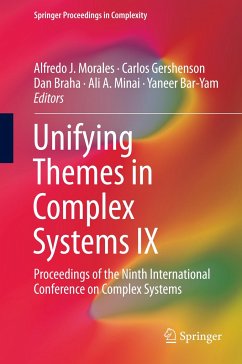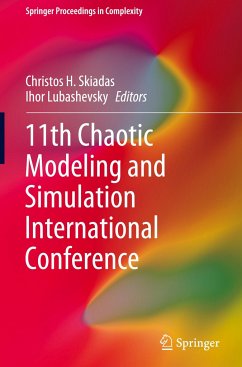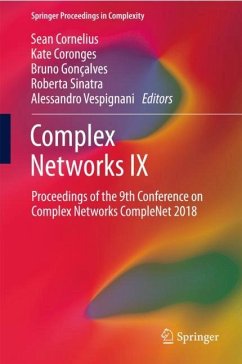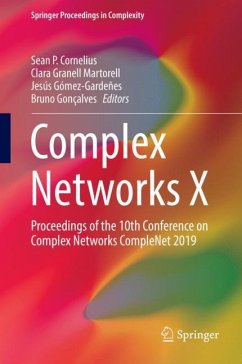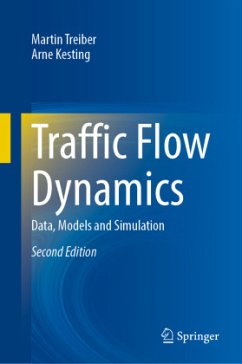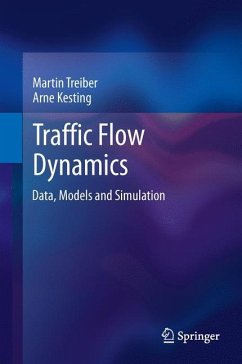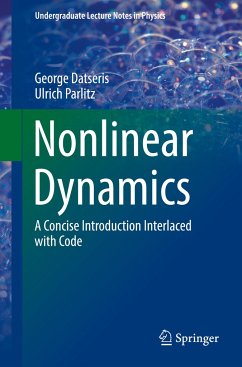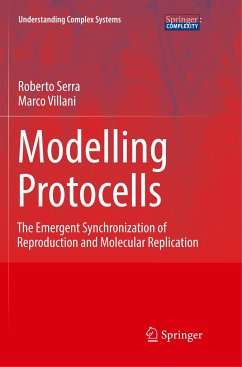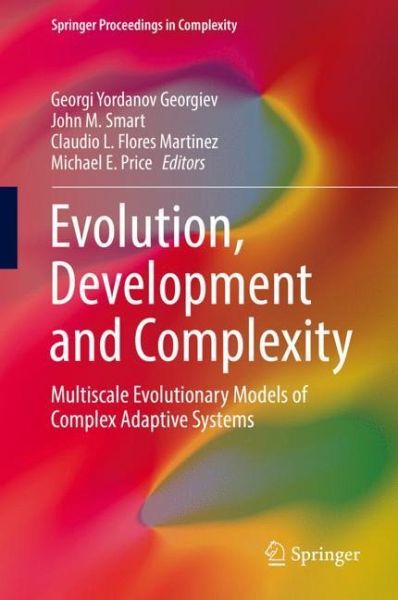
Evolution, Development and Complexity
Multiscale Evolutionary Models of Complex Adaptive Systems
Herausgegeben: Georgiev, Georgi Yordanov; Smart, John M.; Flores Martinez, Claudio L.; Price, Michael E.

PAYBACK Punkte
95 °P sammeln!
This book explores the universe and its subsystems from the three lenses of evolutionary (contingent), developmental (predictable), and complex (adaptive) processes at all scales. It draws from prolific experts within the academic disciplines of complexity science, physical science, information and computer science, theoretical and evo-devo biology, cosmology, astrobiology, evolutionary theory, developmental theory, and philosophy.The chapters come from a Satellite Meeting, "Evolution, Development and Complexity" (EDC) hosted at the Conference on Complex Systems, in Cancun, 2017. The contribut...
This book explores the universe and its subsystems from the three lenses of evolutionary (contingent), developmental (predictable), and complex (adaptive) processes at all scales. It draws from prolific experts within the academic disciplines of complexity science, physical science, information and computer science, theoretical and evo-devo biology, cosmology, astrobiology, evolutionary theory, developmental theory, and philosophy.
The chapters come from a Satellite Meeting, "Evolution, Development and Complexity" (EDC) hosted at the Conference on Complex Systems, in Cancun, 2017. The contributions have been peer-reviewed and contributors from outside the conference were invited to submit chapters to ensure full coverage of the topics.
This book explores many issues within the field of EDC such as the interaction of evolutionary stochasticity and developmental determinism in biological systems and what they might teach us about these twin processes in other complexsystems. This text will appeal to students and researchers within the complex systems and EDC fields.
The chapters come from a Satellite Meeting, "Evolution, Development and Complexity" (EDC) hosted at the Conference on Complex Systems, in Cancun, 2017. The contributions have been peer-reviewed and contributors from outside the conference were invited to submit chapters to ensure full coverage of the topics.
This book explores many issues within the field of EDC such as the interaction of evolutionary stochasticity and developmental determinism in biological systems and what they might teach us about these twin processes in other complexsystems. This text will appeal to students and researchers within the complex systems and EDC fields.





